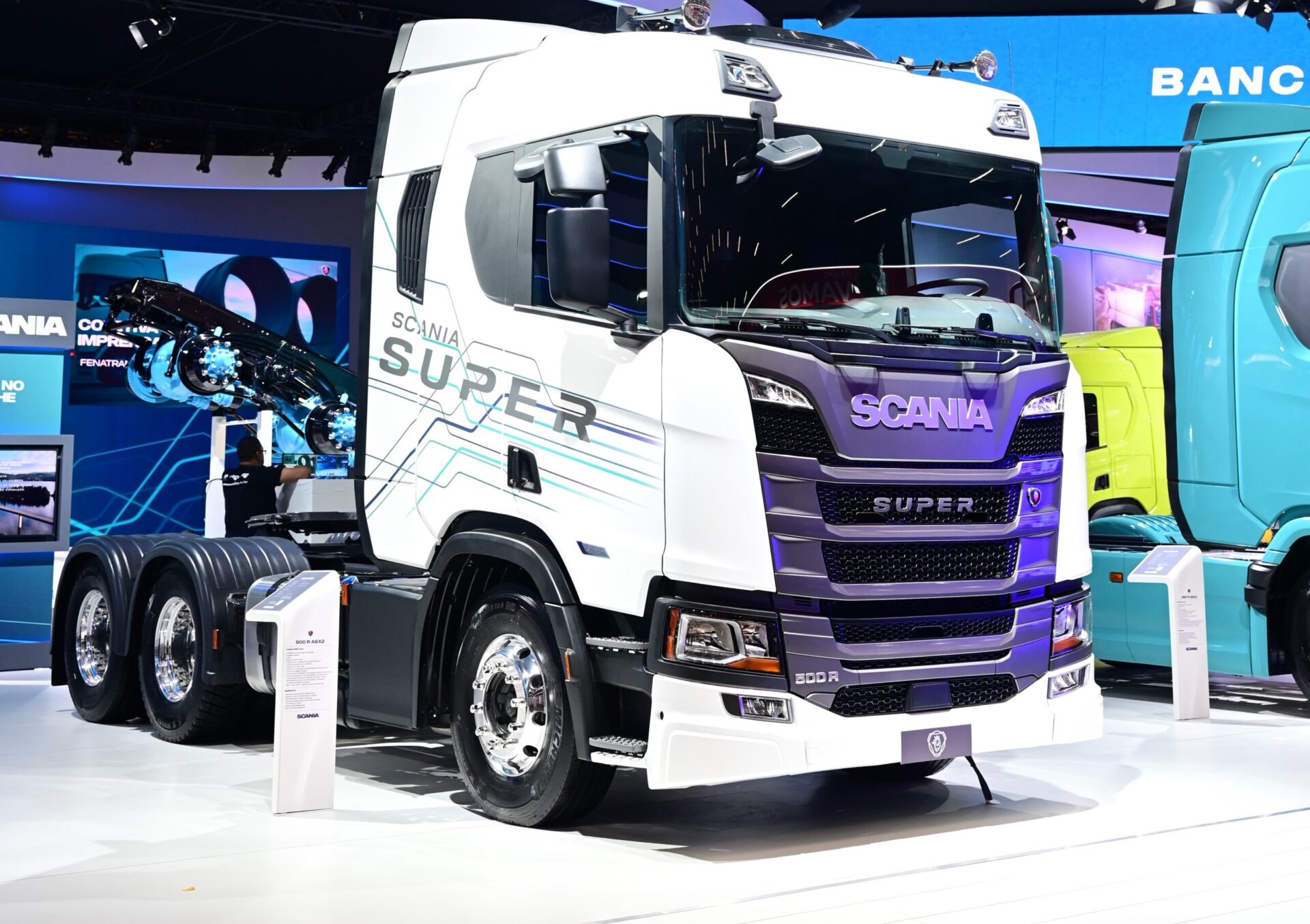29 de June de 2018
AMAGGI takes part in a social and environmental agenda in Oslo
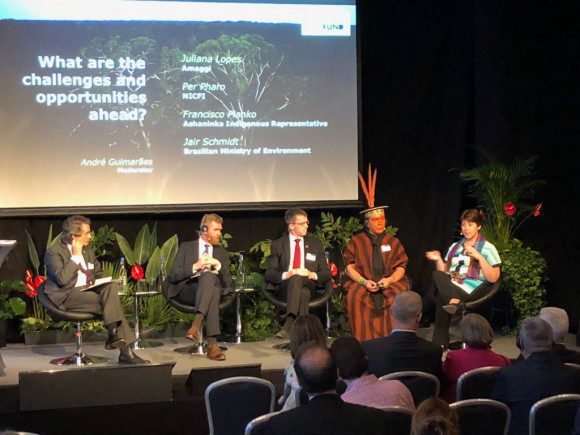
Last week, the Norwegian capital dedicated a series of events and discussion forums on social, economic and environmental development in the tropical forest areas, within the context of climate change, and also celebrated a decade’s operation of the Amazon Fund. For many years now, AMAGGI has taken part in the Oslo agenda seeking to draw attention to the need for sustainable solutions for the Amazon and the Cerrado biomes.
The messages conveyed by the AMAGGI representative – the Director of Sustainability, Communication and Compliance Juliana Lopes – include the premise that the sustainability solutions under discussion designed for productive grain chains in the biomes include jurisdictional approaches and demand the participation of all involved in the chains, so they may be effective.
“When we discuss deforestation, for example, we have to understand that there are solutions geared not only for mitigating risk in the supply network, but also for broader actions to address the causes of the problems. The first is more short-term, while the second is long-term, but both need to be complementary and addressed across all the links of the production chain”, said the director during the Oslo agenda.
Schedule
On Tuesday (26), Juliana represented AMAGGI at a workshop held by Denofa – the company’s conventional soybean processing plant in Fredrikstad (Norway) – with representatives from the Norwegian government, company customers, supermarkets and end-product companies.
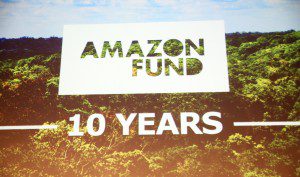
That same day, AMAGGI was represented at the event celebrating the tenth anniversary of the Amazon Fund, a mechanism financially maintained by the governments of Norway and Germany to combat deforestation and promote sustainable use of forests in the Amazon. Since its inception, the Amazon Fund has already allocated R$ 954 million to 100 projects in the Amazon biome.
In Oslo, the anniversary ceremony brought together officials from the Brazilian and Norwegian Environment Ministries, from the German Ministry for Economic Cooperation and Development, and others.
Tropical Forests
On Wednesday and Thursday (27th and 28th), Director Juliana Lopes took part in the Tropical Forests Forum, the world’s biggest event on the theme, which held every two years in the Norwegian capital. In the program, the director was a member of two panels.
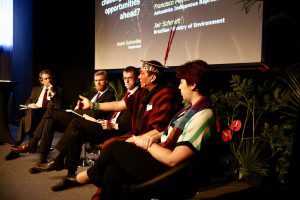
The themes addressed in the panels included: how companies can meet their commitment to deforestation-free chains; the gains and challenges of working with jurisdictional approaches, such as the Mato Grosso State’s Produce, Preserve and Include (PCI) program; and transparency and traceability in the soybean production chain.
The first panel was moderated by Leonardo Colombo Fleck of the Betty Moore Foundation, one of the world’s main private foundations involved in environmental preservation. The first panel was attended by debaters including businesses, non-governmental organizations,
social protection networks and a representative of the United Nations.
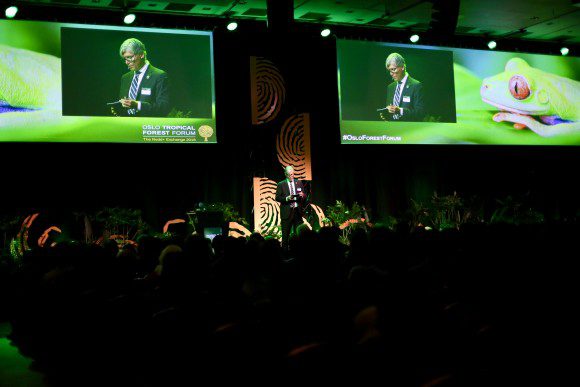
The Forum was also attended by Bjørn Rask Thomsen, the CEO of Denofa, AMAGGI’s industrial unit in Norway that only processes 100% traceable grain from zero-deforestation areas. At the Forum, Bjørn discussed with ten other debaters how the use of subnational jurisdictions can optimize the implementation of low-carbon development commitments. The moderator was William Boyd of the Governors’ Climate and Forests Task Force, an international body dedicated to protecting tropical forests and reducing carbon emissions.
“When we address complex issues, it is necessary to realize that there is no single magic solution. Several combined approaches are required. It is important to understand the role of each stakeholder in this process and the annoyances and visions of each involved player, so that we can try to tailor some solutions that together will be able to achieve a bigger goal – a developed economy that can create social equality in an ecologically balanced planet”, summarized the director Juliana Lopes.


